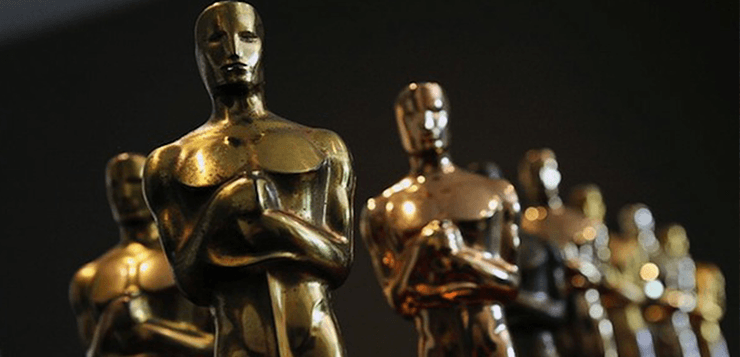With the Golden Globes now a thing of the past and BAFTA (British Academy Film Awards) nominations announced last week, we are now inching closer to the Academy Awards (Feb. 26), the closing of the overlong film award season. As award buzz continues to circulate in the next two months, the indication of who will take home the big, golden award will become more apparent.
In the meantime, the winter season is one of the best times to scurry to a heated theater and watch a great film. Here are some of this year’s biggest award season contenders.
La La Land
January and February are two of the most important months in Hollywood as award show season kicks off. With the Golden Globes now behind us, the Screen Actors Guild awards, People’s Choice, Grammys and Oscars are next up on our DVRs. This year’s Golden Globes held many memorable, and at times, surprising moments from Meryl Streep’s speech to host Jimmy Fallon’s “mixed review” performance to “La La Land” dominating the show.
“Whiplash” director Damien Chazelle brought us this 2016 musical film that critics raved and Hollywood adored. It landed them a record breaking seven wins at the Globes, the most ever won by a movie.
Essentially, “La La Land” is a movie about Hollywood, for Hollywood, full of self appraisal and contentment.
The film stars two of Hollywood’s favorites, Emma Stone and Ryan Gosling, and holds a striking musical appeal, which got them Best Original Score for their “City of Stars.” Their stardom can only do so much, however, as it fails to override the weak character development and story depth, such as the process of Stone’s character’s one woman play that simply is talked about, happens and then flops.
Will “La La Land’s” quirky musical style continue dominating the award show scene?
Collecting over $90 million at the box office so far, time will tell at the end of February.
— Emily Rutherford
Silence
Andrew Garfield, Adam Driver and Liam Neeson portray traveling Jesuits in the new religious epic “Silence,” based on the Japanese novel of the same name. Director Martin Scorsese manages to capture the cold, dark and unpredictable nature of the Tokugawa period in Japan, thanks to the use of gorgeous lighting, 35-millimeter film and a soundtrack that is dominated mostly by atmospheric effects more so than original music.
Garfield’s character is a Catholic priest, whose faith is put to the test by the overwhelming odds of traveling to 17th century Japan; a nation that does not want Catholicism to spread, and is constantly struggling to justify the things he sees and the sinners he meets.
Scorsese manages to also deliver on some of his signature brand of dark and violent humor. Despite how bleak and overwhelming the events of the plot may be, there manages to be an effective amount of jokes and unexpected sequences, with Yōsuke Kubozuka and Adam Driver having scenes that make the more intense sequences feel less anxious to watch.
While it was released too late to be nominated for any Golden Globes, it’ll certainly be up for some Academy Awards.
— Griffin Jordan
Manchester by the Sea
In the emotionally overwhelming “Manchester by the Sea,” Casey Affleck’s haunting and Golden Globe winning performance forces him to take in his apprehensive, teenage nephew after his father dies from heart failure.
Lee Chandler (Affleck) is an aloof janitor/handyman residing in a Boston one-room-fits-all apartment. His persistence is drastically maintained when his older brother Joe (Kyle Chandler) dies of a heart attack, and upon receiving the news, shovels one last load of snow over his shoulder and surrenders to Manchester-by-the-Sea, Massachusetts to deal with the “What’s next?”
Lonergan’s painfully real script meshes past with present fluently in a way that pinpoints the defining moments of family history. The first half of the 135-minute runtime just barely grazes Lee’s past.
— Matt Koske


